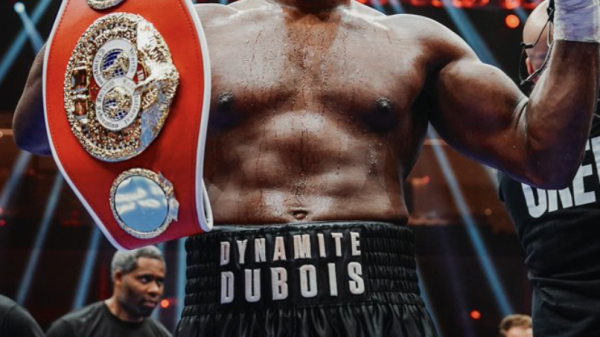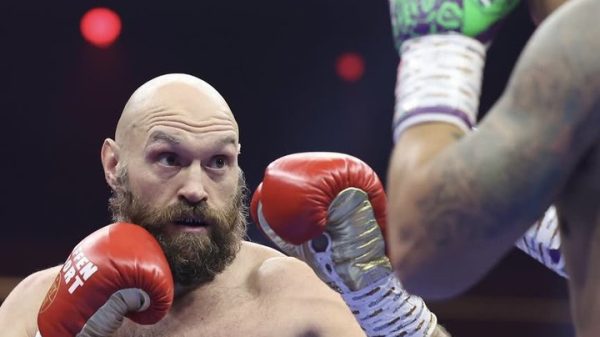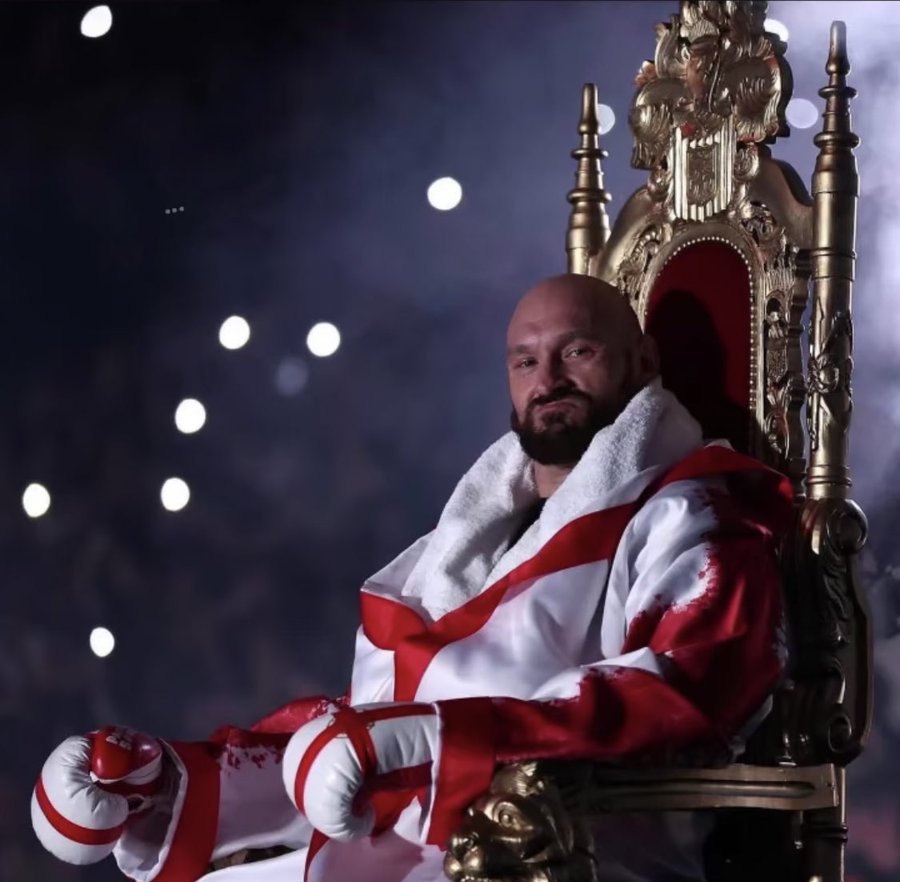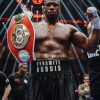by Charles Jay
Richard Schaefer of Golden Boy was beaming after his company’s appearance on CBS, and justifiably so, because the Leo Santa Cruz-Alberto Guevara fight drew a respectable 1.3 rating and appears to have opened the door for other things. He has said to reporters that one of those things might be a return to primetime telecasts, and while that would be great, it may not be altogether realistic, considering that a combination of factors have changed the dynamic of television, and consequently, the way the sport is presented.
We don’t have enough space to give you the whole history of boxing on primetime television; just a piece of it. Suffice it to say that years ago, in the early days of TV as a mainstream medium, it was a regular staple on the networks, who appreciated programming that appealed to male audiences and was easy to produce. However, too much of anything sometimes is not necessarily a good thing, and through the years, ratings declined.
In December of 1952, the Wednesday night fights (CBS) averaged a 24.1 share, with the Friday night fights (NBC) hitting 24.8. Six years later, Wednesdays were down to 10.8 with Fridays at 16.2.
There were high points, obviously; the Sugar Ray Robinson-Gene Fullmer middleweight title fight in May 1957 drew a 20.1 rating, which made it one of the top ten programs for the month. But that was far from the norm. Other sports were in the process of packaging themselves in such a way as to make them more attractive to the viewing public. With the frequency of televised bouts, the talent pool of headliners had actually gotten pretty thin, and suspicion of ties to the underworld tainted boxing’s reputation, as its command of the audience’s attention lessened greatly from the early 1960s onward.
The Friday Night Fights on NBC that were sponsored by Gillette were an institution in sports, having been established in the embryonic days of television back in 1946.
They were important to the sport, to the extent that when Julius Helfand, the chairman of the New York State Athletic Commission, testified at the government’s anti-trust lawsuit against the notorious International Boxing Club in 1957, he said that if the government forced those fights, which were held at Madison Square Garden, to shut down, “I don’t think you would have any boxing.” The IBC had held a monopoly on world championships, it had been ruled, and NBC had expressed that it would not only insist on no less than one fight show per week, it would not have an interest in the series at all if it could not air the occasional world championship contest.
A couple of years later, it had no interest at all.
Owing to low ratings, in addition to a steep drop in quality, the Friday Night Fights did indeed end their run in June 1960. They left a void, not only in homes but in drinking establishments across the country. Before the term “sports bar” was in vogue, the sport that occupied attention when customers gathered to imbibe was the sweet science.
It had been the testimony of Helfand that the weekly network bouts had generated interest among viewers that benefited the sport as a whole. Others had a slightly different viewpoint, to say the least. Former heavyweight champion Jack Dempsey, who was glad the Friday NBC fights were discontinued, echoed the feelings of a lot of people who felt that it was ruining the small venues across the country who depended on ticket sales, not television rights fees, to survive.
“Now we should see the return of something like normal in boxing. Now fighters will have to be brought along slowly, on their merits, in small clubs,” Dempsey told Sports Illustrated. “And people will begin going back to the boxing arenas in person. In the long run, this will help boxing very much.”
Whether boxing got helped all that much is debatable. ABC actually picked up on the Friday night series and televised it until September of 1964, when its contract ran out with the Garden. They wanted to end it sooner. The ratings were disappointing. In fact, by 1963, the share of available homes boxing was able to reach was a little more than one-third what it had been in 1952. And from an image standpoint, the death of Benny “Kid” Paret at the hands of Emile Griffith put a further damper on the business.
ABC’s exit was okay with those who had harbored the sentiment that an over-saturation was having its effect on the game across the board.
While Hall of Fame promoters Sam Silverman and Chris Dundee seemed to regard televised boxing as something of a necessary evil, Herman “Mugsy” Taylor, a Philadelphian who was one of the legendary fight promoters in boxing annals, said at the time that “there is no question about TV doing boxing no good….When the fans can get the show free, too many of them stay away from the fight clubs. The result has been fewer clubs, fewer fighters, and many fighters who have been able to get TV shots were of low caliber.”
Merv McKenzie, who was the president of the World Boxing Association, thought TV had gotten too much control. “It was telling the promoters what to do, how and when,” he said. “As a result there were many fights that shouldn’t have gone on. But I feel now, with the extinction of live TV Friday night fights, there’ll be an upsurge in the game.”
An Associated Press story about ABC’s decision to drop boxing stated the following: “If boxing goes off television, fighters will be paid on their ability to draw customers as they were in the pre-TV days.”








